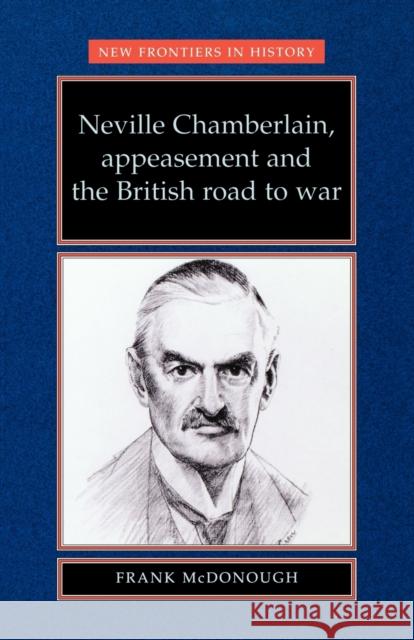Neville Chamberlain, appeasment and the British road to war » książka
Neville Chamberlain, appeasment and the British road to war
ISBN-13: 9780719048326 / Angielski / Miękka / 1998 / 208 str.
In this controversial re-evaluation of Neville Chamberlain and appeasement, Frank McDonough draws on a fascinating range of primary and secondary sources to make his case. He argues that Chamberlain believed a Second World War would be disastrous for Britain, and focussed all his energies to avoid it. In doing so, he used and abused the 'mood of his age', which favoured a collective international drive o preserve peace, and not nationally self-interested policy which Chamberlain followed. It was Hitler's entry into Prague in March 1939 which exposed appeasement as a fantasy and forced Chamberlain, under pressure from national opinion, to make a half-hearted and muddled attempt to stand up to the dictator. It was a task to which Chamberlain's flawed political judgement was even more ill-suited and which ultimately led to the outbreak of war in September 1939. The book differs from other studies of the subject by setting Chamberlain's actions within a wider chronological framework and by taking a fresh look at the underlying influences on the policy of appeasement within British society.











